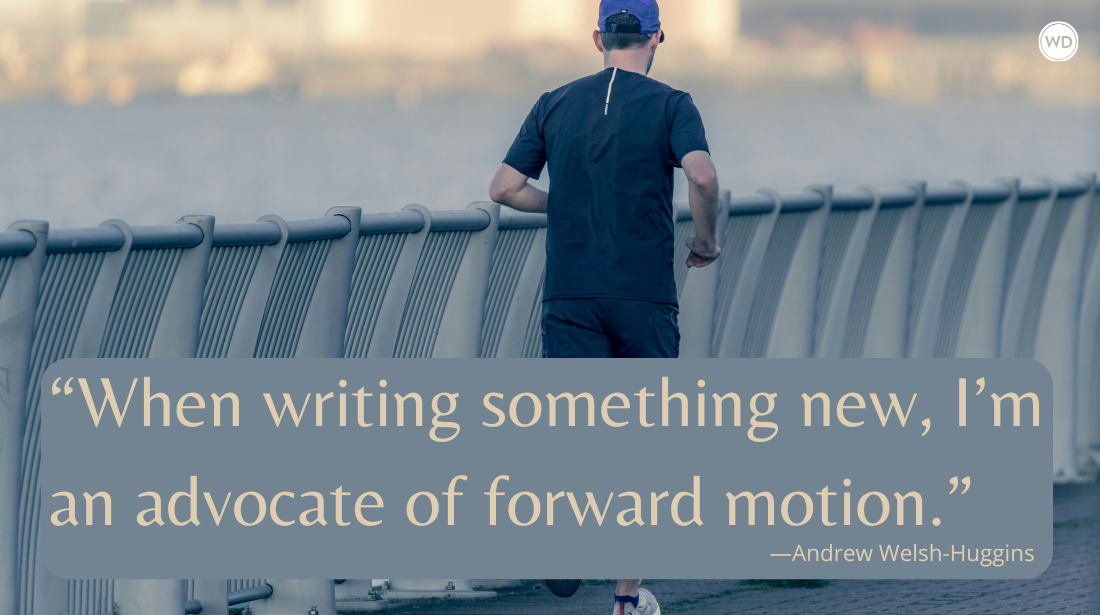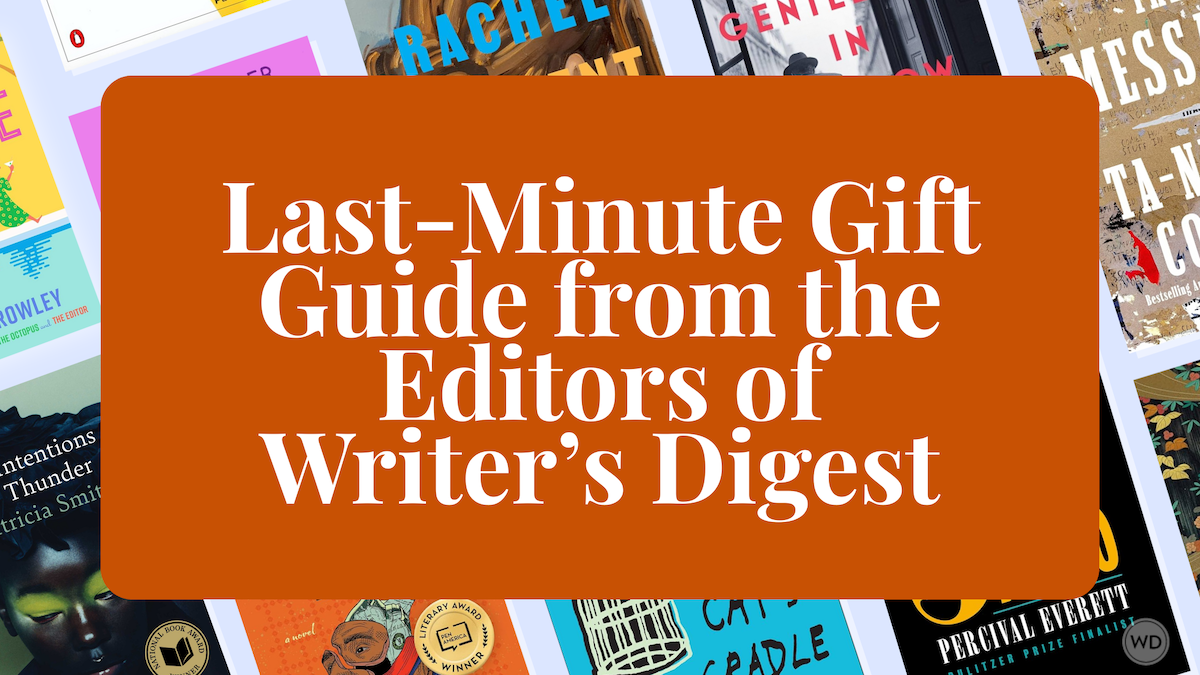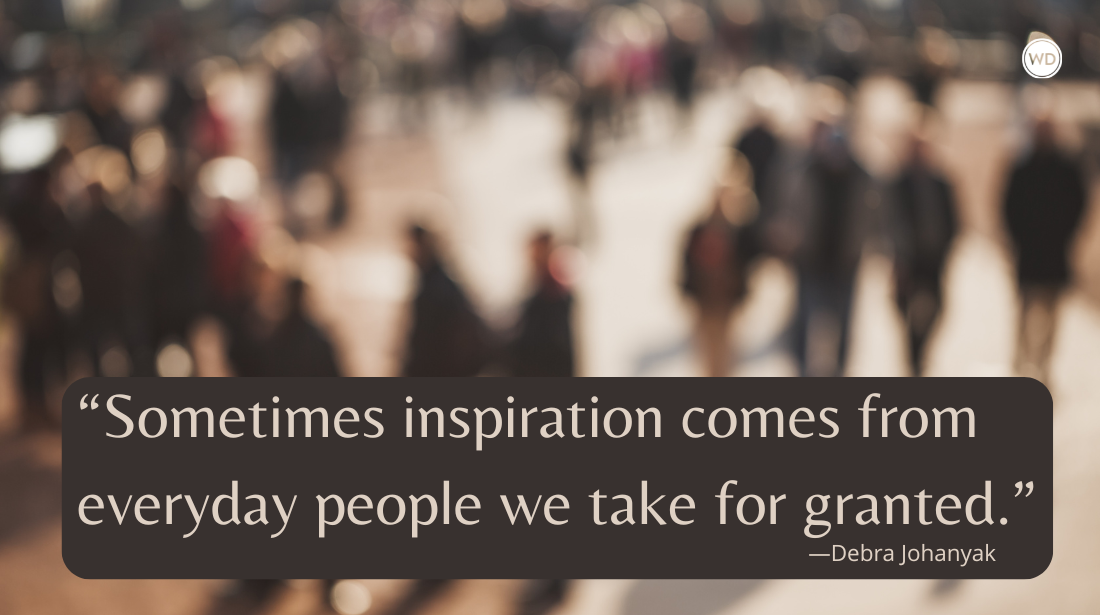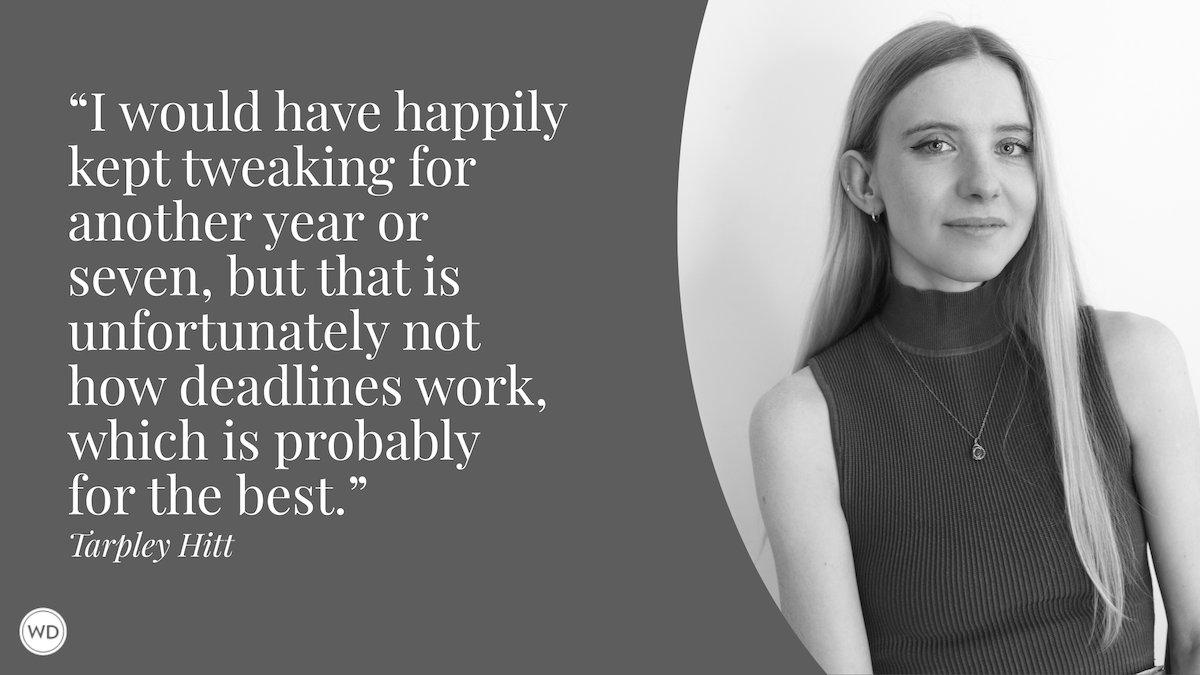Rae Meadows: On a Personal Passion Inspiring Literary Fiction
Award-winning author Rae Meadows discusses how her lifelong love of gymnastics helped inspire her new literary novel, Winterland.
Rae Meadows is the author of four previous novels, including I Will Send Rain. She is the recipient of multiple awards, including the Goldenberg Prize for Fiction, the Hackney Literary Award for the novel, and the Utah Book Award. Her work has appeared in many literary journals, as well as Under Purple Skies: The Minneapolis Anthology, Contexts, and online at NPR, Lit Hub, and PEN Center USA.
She grew up admiring the Soviet gymnasts of the 1970s, and in her 40s decided to go back to the thing she loved as a child. She now trains regularly in adult gymnastics. She lives with her family in Brooklyn. Find her on Twitter and Instagram.
In this post, Rae discusses how her lifelong love of gymnastics helped inspire her new literary novel, Winterland, how her experience publishing her fifth novel has been different to her first four, and more!
Name: Rae Meadows
Literary agent: Elisabeth Weed/The Book Group
Book title: Winterland
Publisher: Henry Holt
Release date: November 29, 2022
Genre/category: Literary Fiction
Previous titles: Calling Out, No One Tells Everything, Mercy Train, I Will Send Rain
Elevator pitch for the book: In 1970, in an Arctic town on the far edge of the Soviet Union, a young mother disappears leaving a mystery that haunts her husband and daughter, Anya, a gymnast in the grueling state system. From the wild tundra of Norilsk to the golden age of Soviet gymnastics to gritty late-90s Brooklyn, Winterland is the story of a woman—and an era—shaped by glory and loss.
IndieBound | Bookshop | Amazon
[WD uses affiliate links.]
What prompted you to write this book?
If I could point to one thing that set the novel in motion for me, it was reading about Elena Mukhina, the Soviet gymnast who won all-around gold at the 1978 World Championships. She broke her neck two years later, just before the Olympics, performing a skill on the floor she was not prepared for, which left her a quadriplegic.
Her injury was then covered up by the Soviets. There is a character in the book based on Mukhina, and she plays a pivotal role in Anya’s life.
How long did it take to go from idea to publication? And did the idea change during the process?
It took about four years from idea to publication, with COVID mucking up the process. When I first began the novel, there was going to be a peripheral character who was a former gymnast. But I loved researching so much—my life orbits around gymnastics as a mom, a fan, and a passionate adult gymnast—gymnastics soon took over.
I could spend hours watching videos of Soviet gymnasts and call it research. I wrote much of the book in the parent area of the gym where my daughter trains.
Were there any surprises or learning moments in the publishing process for this title?
It’s hard for me to believe this is my fifth novel. I feel so fortunate. Each publishing experience has been different, but this one has been by far the best.
I had the absolute lottery win of having Amy Einhorn as an editor, and I felt like she “got” this book from the beginning. I am an understated writer to a fault, and she pushed me to be less subtle, which I think improved the book immensely. I was able to trust the editing process more than I ever had before.
Were there any surprises in the writing process for this book?
For one, I never thought I would use my high school Russian! I am a big believer in serendipity in the process. Winterland was initially going to be set entirely in Brooklyn, but I read an article about Norilsk, where the novel is set, and it just took root in my imagination.
I don’t outline or do much planning when I write. I generally know the beginning and the end, which makes for many surprises along the way.
What do you hope readers will get out of your book?
I hope Winterland feels transportive, a book readers can immerse themselves in. It’s set in the not-too-distant past, but the Soviet Union is a vanished place, despite some eerie similarities of late. Much of the novel takes place in a city carved out of the Arctic by gulag labor, one that is still closed to anyone not granted permission to enter, so to me it has an otherworldly quality.
And, of course, I want readers to feel for the characters, especially Anya, to follow her from age eight into adulthood. I have always been drawn to the idea of extraordinary stories behind ordinary lives. She could be someone you see on the subway and she has this remarkable past.
If you could share one piece of advice with other writers, what would it be?
My very first writing teacher used to call excess setting up of a scene “furniture moving.” Streamline, take out the furniture moving, trust your reader to get from A to B without describing every last detail in between.









